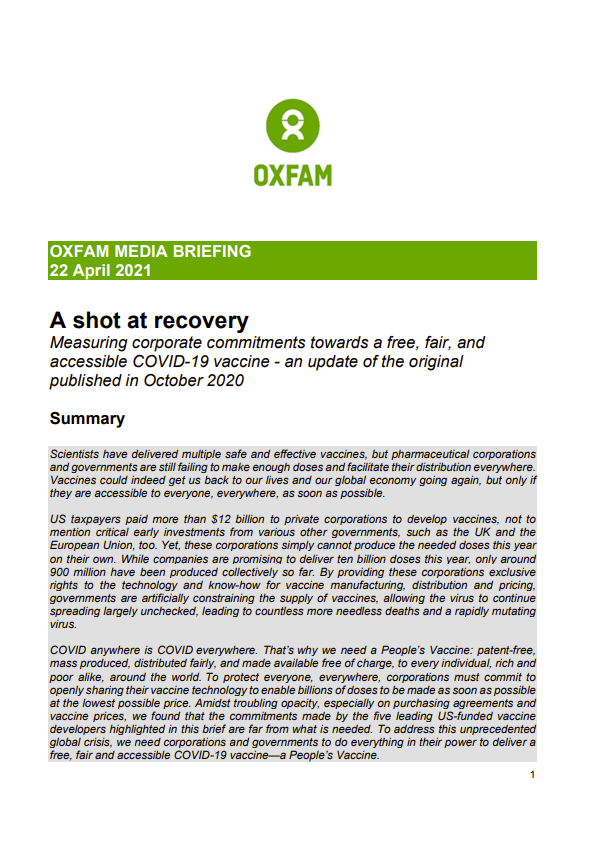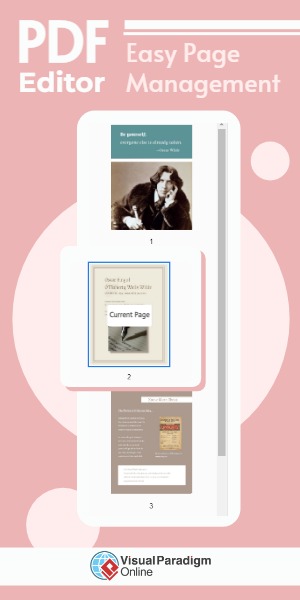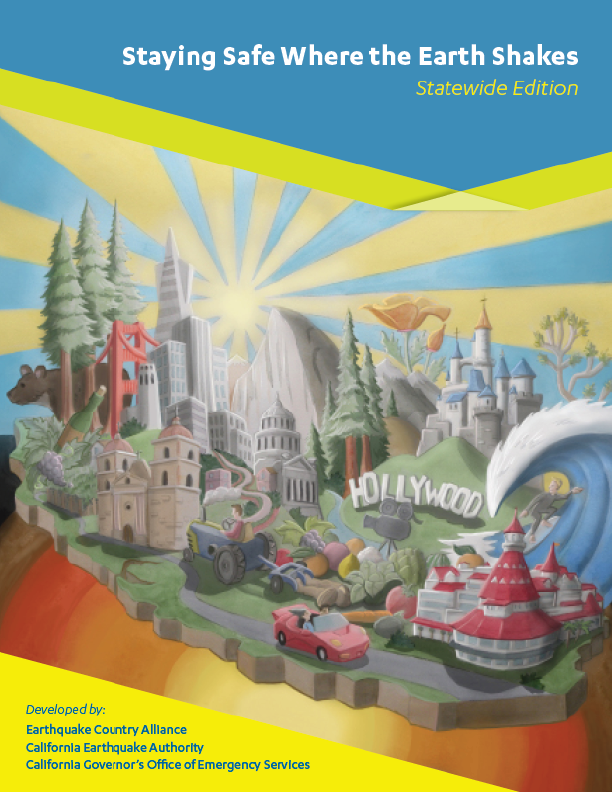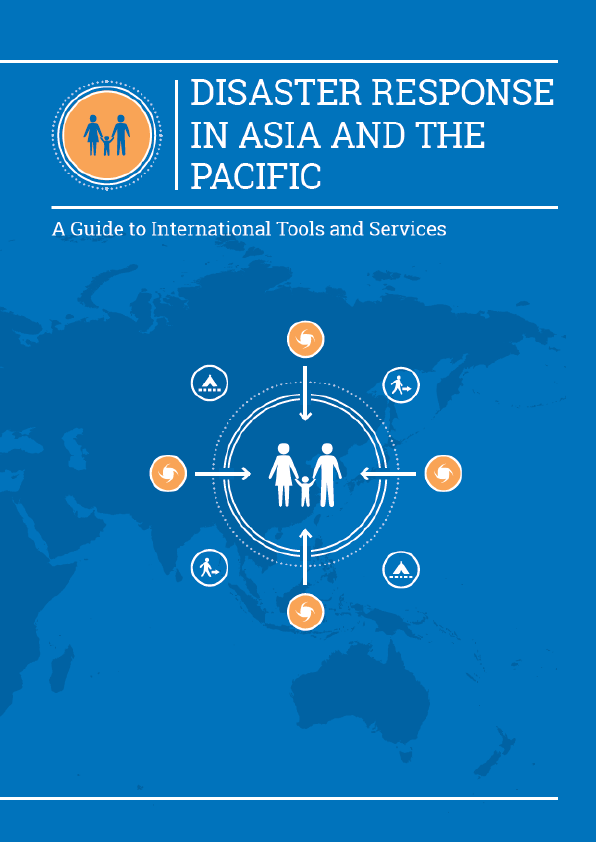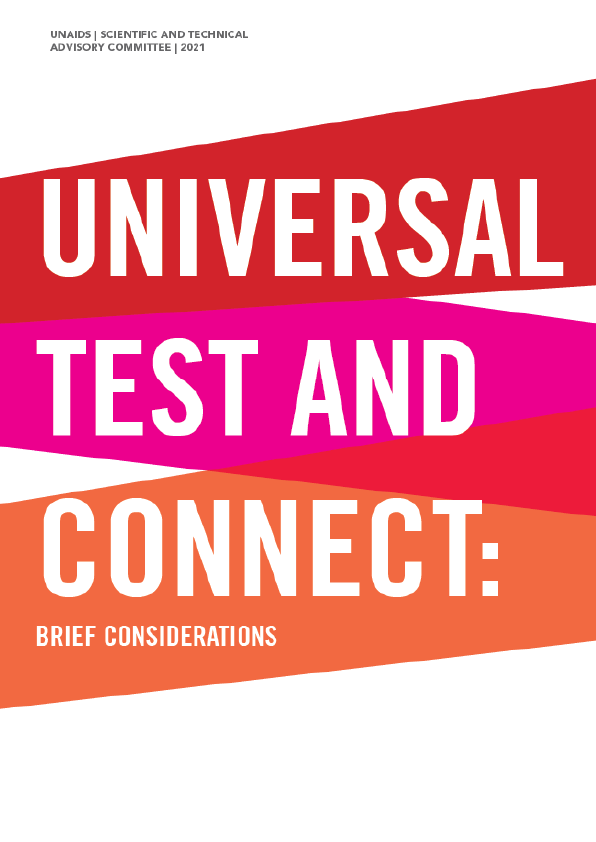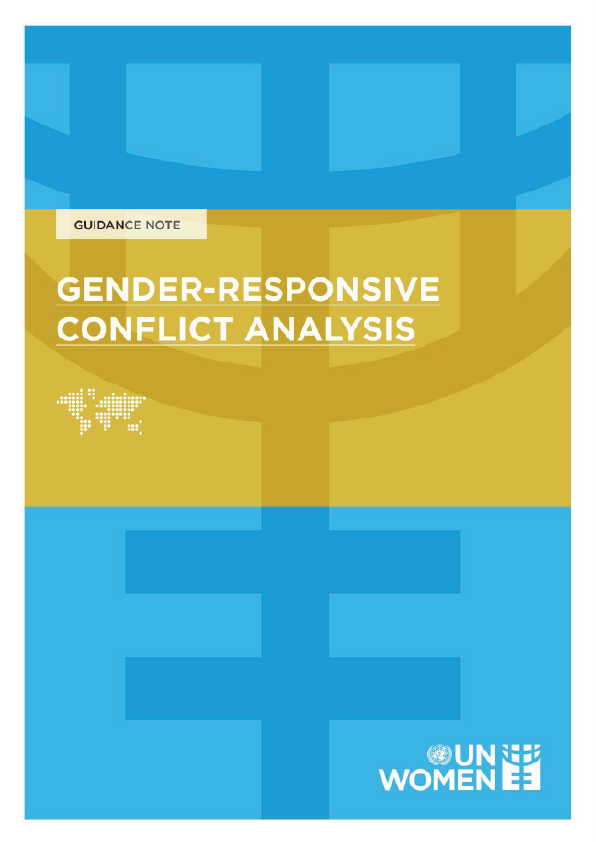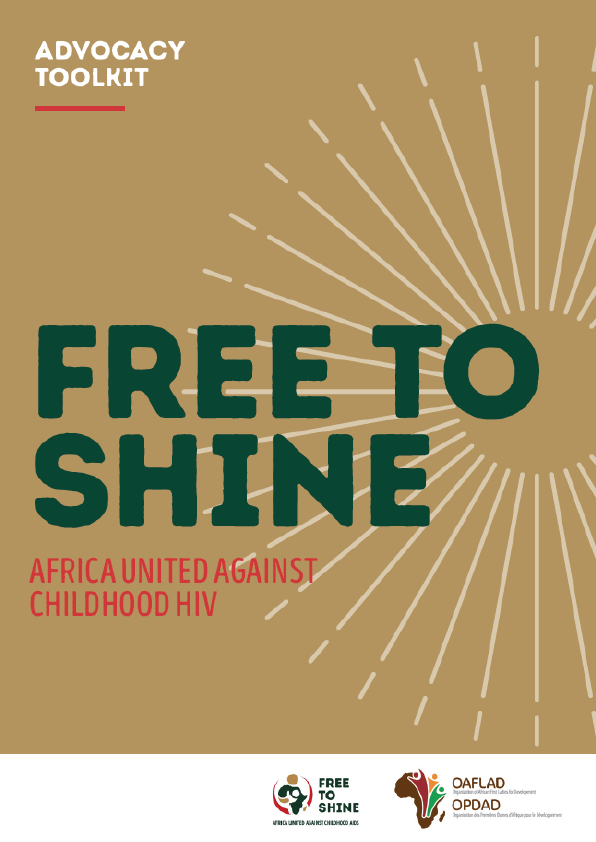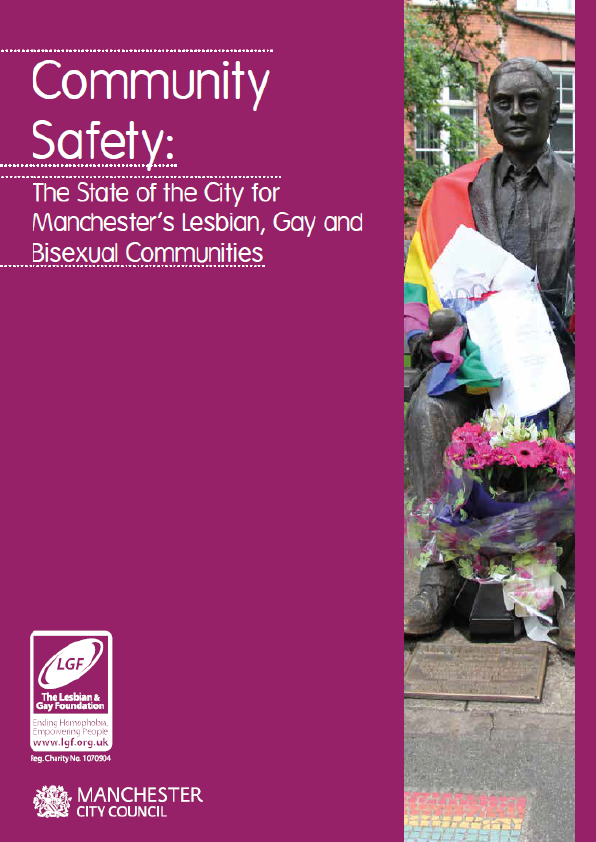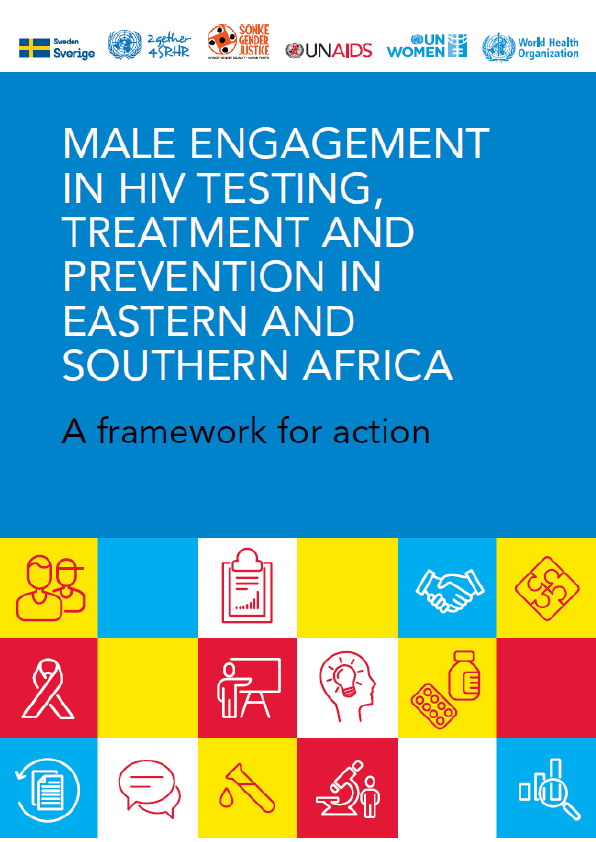Summary
A COVID‑19 vaccine is a vaccine intended to provide acquired immunity against severe acute respiratory syndrome coronavirus 2 (SARS‑CoV‑2), the virus that causes coronavirus disease 2019 (COVID‑19). Scientists have delivered multiple safe and effective vaccines, but pharmaceutical corporations and governments are still failing to make enough doses and facilitate their distribution everywhere. Vaccines could indeed get us back to our lives and our global economy going again, but only if they are accessible to everyone, everywhere, as soon as possible.
US taxpayers paid more than $12 billion to private corporations to develop vaccines, not to mention critical early investments from various other governments, such as the UK and the European Union, too. Yet, these corporations simply cannot produce the needed doses this year on their own. While companies are promising to deliver ten billion doses this year, only around 900 million have been produced collectively so far. By providing these corporations exclusive rights to the technology and know-how for vaccine manufacturing, distribution and pricing, governments are artificially constraining the supply of vaccines, allowing the virus to continue spreading largely unchecked, leading to countless more needless deaths and a rapidly mutating virus.
COVID anywhere is COVID everywhere. That’s why we need a People’s Vaccine: patent-free, mass-produced, distributed fairly and made available free of charge, to every individual, rich and poor alike, around the world. To protect everyone, everywhere, corporations must commit to openly sharing their vaccine technology to enable billions of doses to be made as soon as possible at the lowest possible price. Amidst troubling opacity, especially on purchasing agreements and vaccine prices, we found that the commitments made by the five leading US-funded vaccine developers highlighted in this brief are far from what is needed. To address this unprecedented global crisis, we need corporations and governments to do everything in their power to deliver a free, fair and accessible COVID-19 vaccine—a People’s Vaccine.
Overview
Three million lives have been lost and billions of people are struggling to survive, pay their bills, and stay healthy because of the COVID-19 pandemic.
Since the first publication of this media brief in October of last year, we have witnessed astonishing scientific developments that now give humanity the upper hand against the coronavirus. Of the leading US-funded vaccines, three highly effective vaccines have been approved and are being administered in the United States, with at least two more in route to providing protection around the world today. Where people can benefit from these vaccines, hope is on the rise. A way out of the pandemic seems right around the corner.
But that hope is still out of reach for the majority of the world’s people who have witnessed as the wealthiest and most powerful countries quickly captured and hoarded virtually the entire world’s vaccine supply. The United States, for example, has already secured deals to control over one billion doses of the vaccines discussed in this brief this year. If exercising the options in its contracts, it could secure a total of 2.3 billion doses. Assuming the companies meet their ambitious production pledges of 10 million doses collectively, that means in principle that the United States—with less than 4% of the world’s population—may have already captured up to a quarter of the total supply of these vaccines. Even as healthy college students line up for vaccination in the US, healthcare workers on the front lines in many countries are left without access to these same vaccines. In most countries, COVID remains an ever-present danger, with no vaccine spring blooming anytime soon.
The irony about these deep global vaccine inequities is that the public—everyday people paying their taxes—were the early investors in the development of these vaccines. Alongside investments from the UK and the European Union (among others), US taxpayers contributed $12 billion to develop these vaccines, mostly through the Biomedical Advanced Research and Development Authority (BARDA) that is part of the US Department of Health and Human Services (HHS). Twelve billion dollars is equivalent to every single person in the United States pitching in $37 each in this grand collective endeavor to protect each other from this virus.
One might think that this public investment should yield a public good—for all people everywhere. After all, with variants on the rise and with the global economy on eggshells in fear of new lockdowns, it is in the interest of everyone single one of us that vaccines become available at sufficient levels across the globe.
Yet, instead of ensuring an all-of-society initiative to make COVID vaccines available to all, governments continue to allow Big Pharma to seize this opportunity to extend their “business as usual” model—to make billions off of taxpayer-funded research, charging sky-high prices, funneling profits to rich investors while artificially restricting increased vaccine production. In the case of COVID-19, this is resulting in protection for the few and disaster for the many.
While companies discussed in this brief have together promised to expand production capacity to roughly 10 billion doses in 2021, only around 900 million have been produced as of mid-April, far, 3 far too few to meet the urgent need.1 The reality is that the vaccine developers simply are unable to produce the quantities of doses needed to meet global demand in the coming years. The spread of easily transmissible and potentially more deadly new variants threatens to accelerate the devastation and could threaten to decrease the effectiveness of our vaccines.
Worse yet, neither the US government nor the pharmaceutical industry are taking the necessary steps now to ensure that there is maximum supply of COVID-19 vaccines to match the global need. Mass production requires not only investments in at-risk production, but also a requirement that pharmaceutical corporations share their intellectual property, know-how, and data as widely as possible so that there are multiple suppliers for new vaccines. Getting rid of artificial supply barriers, such as monopoly control over production, will help many countries around the world protect the most vulnerable and at-risk populations and set us on the right path to defeating COVID-19 as quickly as possible. Every additional dose, in the places that most need it, matters. In the end, defeating COVID-19 is not only in the interest of those that haven’t been vaccinated, but also by those that have.
